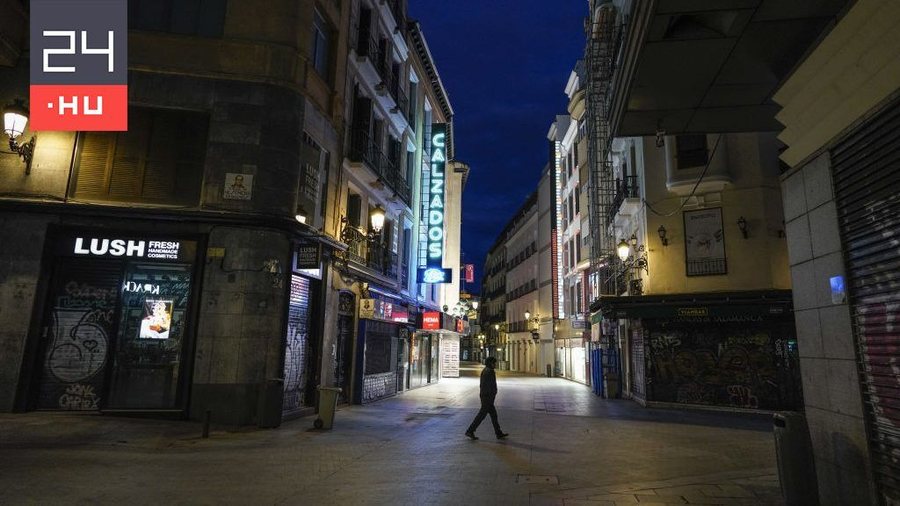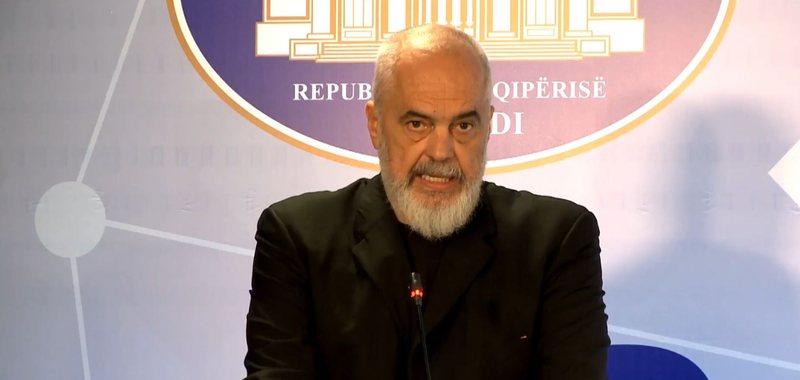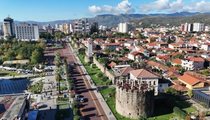Spain seeks to end EU clock change - Prime Minister Sanchez: It has a negative impact on people's health

Spain will try to revive the European bloc's proposal to end the practice of seasonal clock changes, urging Brussels to fulfill its promise. "As you know, the clocks will change again this week and I, frankly, no longer see the point in implementing this practice," Spanish Prime Minister Pedro Sánchez said in a video posted on the X platform.
"In all the surveys where Spaniards and Europeans are asked, the majority are against changing the clocks," he said. "Moreover, there is ample scientific evidence showing that this practice hardly helps save energy and has a negative impact on people's health and lives."
EU transport, telecommunications and energy ministers are usually the ones who deal with discussions on the union’s time policies, as these can affect the functioning of the single market, as well as energy use and transport safety. “The energy system is changing significantly, and it is important to reopen the debate to find a solution that works best,” said a Spanish government energy representative.
Representatives from northern EU countries such as Finland and Poland have repeatedly raised concerns about the clock change, citing data showing negative physical or mental effects for around 20% of the European population.
In fact, 84% of the 6.4 million citizens who participated in a European Commission public consultation in 2018 expressed support for abolishing seasonal clock changes. To push through this initiative, Spain needs to convince at least 15 of the 27 EU member states or a group of states representing 65% of the union's population, and hope that fewer than four governments oppose it.
Daylight saving time was first introduced in Europe during World War I to save coal, but was abandoned after the conflict ended. Similar energy concerns led most countries to reinstate the practice during World War II and the global oil crisis of the 1970s.
In 1980, the then European Communities adopted the first directive harmonizing the practice of changing the clocks between member states. The current EU rules, in force since 2001, stipulate that clocks go forward one hour at 01:00 on the last Sunday in March and turn back one hour on the last Sunday in October.

Air Traffic Controllers Day, Balluku: Thanks to you, our safe travels!
On Air Traffic Controllers Day, Deputy Prime Minister and Minister of Transport Belinda Balluku sent a message of appreciation to them. In a post on social......

"The Venice Commission, essential for justice reform" - Rama: Historic contribution that helped us maintain the "compass" of orientation
The Venice Commission has played an essential role in the implementation of the justice reform and the improvement of the Electoral Code. Present at the......

From the institution's finances to television piracy - AMA reports to parliamentary committees on its 2024 activities
The Audiovisual Media Authority has reported to the Committee on Human Rights and Public Information Means and the Committee on Civic Initiatives on its......

Lending to individuals is tightened - The effects of the restrictions imposed in July of this year by the Bank of Albania are starting to take effect
Commercial banks have been hesitant to provide loans to citizens during the third quarter of the year. According to the Bank of Albania's lending activity......

KFC in Albania becomes part of KAN, the largest Balkan KFC group
KAN, headquartered in Kosovo, a regional leader in the quick service restaurant (QSR) industry, officially announces the acquisition of the KFC chain in......

What are the steps to register a foreign business? - Albania, with fast procedures and low taxes!
A few days ago, the largest Albania-Turkey investment forum was held in Tirana, and there was no shortage of calls for foreign investors to invest in our......

"All Albanians with a digital identification tool" - Prime Minister Rama: It will start at the beginning of 2026
Prime Minister Edi Rama was present at the event to present the Digital Identity. The Head of the Executive considered this innovation as “a significant step......

Region, cooperation against informal work - Albania, Montenegro and North Macedonia in protection of migrant workers
Albania, Montenegro and North Macedonia signed a memorandum of understanding between the three labor inspectorates of the respective countries. The focus of......


















